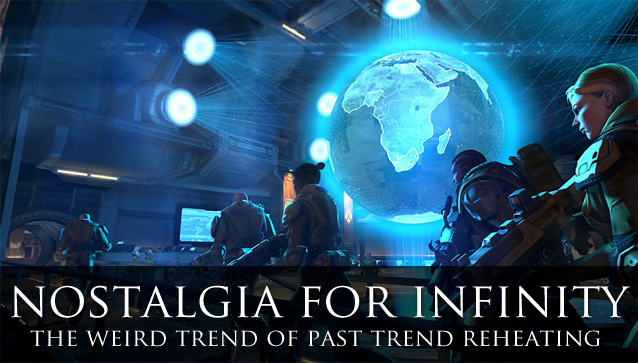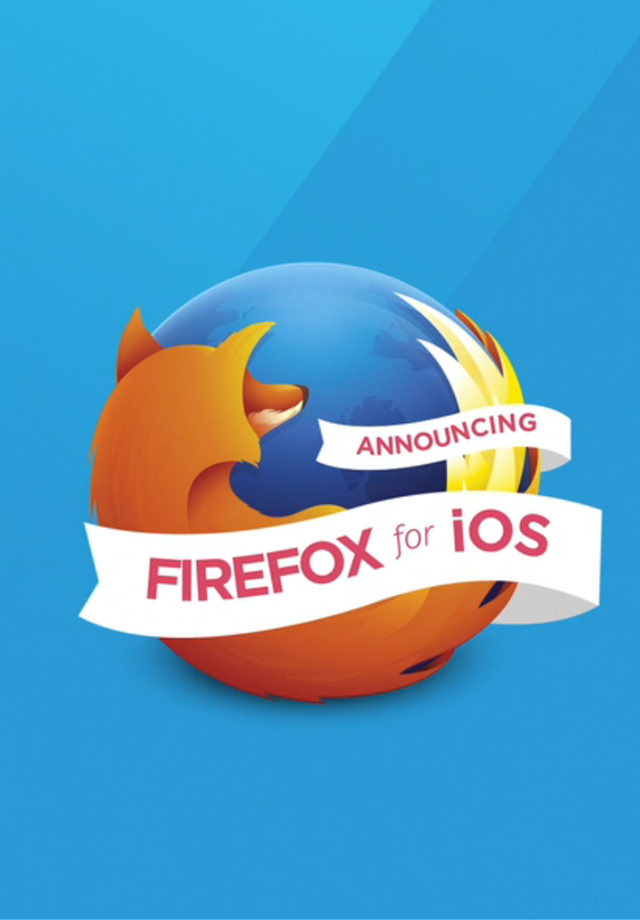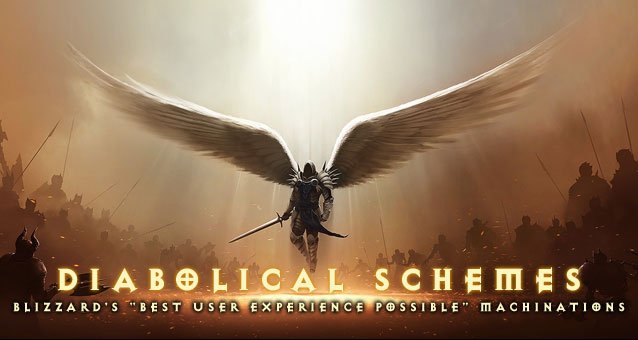


Nostalgia is a strange thing. It creeps up on us and when we least expect it, we end up seeing things through rose-tinted glasses. We forget about all the terrible stuff that actually surrounded the past; we cradle the past with fond memories. And then, when we go back, reality punches us in the face. Yes, the plot of our favorite childhood show really was that silly; no, the animation hasn’t aged well; no, the graphics of that twenty year-old game don’t look as good in real life as they do in our memories of them.
Gaming seems to have been struck by a collective streak of mass nostalgia recently. The industry is not alone there of course; the movie industry has been heavily re-heating beloved childhood franchises for a decade nowwith mixed but profitable results. Playing the nostalgia card pays, apparently. Games have seen their fair share of reboots and re-imaginings of course, with this year already seeing an all-new Syndicate and an all-new X-Com.
But in gaming, the part most stricken by nostalgia is the indie scene. Given that pixelated graphics and sprite-based games have been a mainstay of indie games for a long time now, that’s hardly news. But things are moving in weird directions. The recently released hardcore RPG Legend of Grimrock is a pitch perfect re-heating of a very old gaming concept, a spiritual successor to the Dungeon Master games of old, grid based movement and all. And it’s also quite popular as far as these things go. With modern 3D accelerated, pretty stunning graphics, this game looks like a fresh one, but is actually a very old wolf in a very young sheep’s clothing.
With the indie scene embracing nostalgia like this, going back and re-heating long dead mechanics and gaming concepts, what will become of the medium as a whole?And there are lots of other projects similar to this on the way, or already released. I’m left wondering, is this a good development for gaming as a whole? Sure, this is not quite the same as with the industry churning out one heartless money grab after the other (I’m looking at you Alvin and the Chipmunks and of course at you too, Michael Bay’s Transformers), but gaming as a whole has other problems that aren’t necessarily solved by going back to the golden days. Modern gaming development is trapped in stagnation: games are expensive to make and the industry behind it is incredibly risk averse, so there is not much innovation happening.
With the indie scene embracing nostalgia like this, going back and re-heating long dead mechanics and gaming concepts, what will become of the medium as a whole? I’m not saying that those re-heated games are necessarily bad, but shouldn’t we, or rather, game designers, aspire to innovate and come up with new concepts instead of just going back to whatever games our thirteen year-old selves liked?
This way leads to just another form of stagnation. I admit, some of those old concepts had their merits, but often the constrictions they placed on the player were born out of the tech available at the time, constrictions that have long since been overcome by advances in technology and, subsequently, by advances in game design. Going back and recreating those old games is indulging in stagnation, and that’s something gaming as a whole really has enough of as it is. I for one would rather see roleplaying games advance beyond what they are right now, instead of them atrophying back into something they were twenty years ago. I for one would rather see an all new idea, an all new, truly fresh take on a concept, a design, a gaming idea, rather than having some people recreate the designs they grew up with. The indie-scene is one of the last places in gaming that can see vast and unbound innovation. Embracing nostalgia in that way comes dangerously close to glorifying and embracing the worst enemy of any medium, embracing stagnation. And that’s not something I’m comfortable with witnessing.




 Killing Floor 2 Wiki – Everything you need to know about the game .
Killing Floor 2 Wiki – Everything you need to know about the game . Blizzards Best User Experience Possible Machinations
Blizzards Best User Experience Possible Machinations The Witcher 3: Wild Hunt Monster Tactics Guide
The Witcher 3: Wild Hunt Monster Tactics Guide Shovel Knight: Bosses Walkthrough and Guide
Shovel Knight: Bosses Walkthrough and Guide New to Netflix? These 5 Apps Make It Even Better
New to Netflix? These 5 Apps Make It Even Better